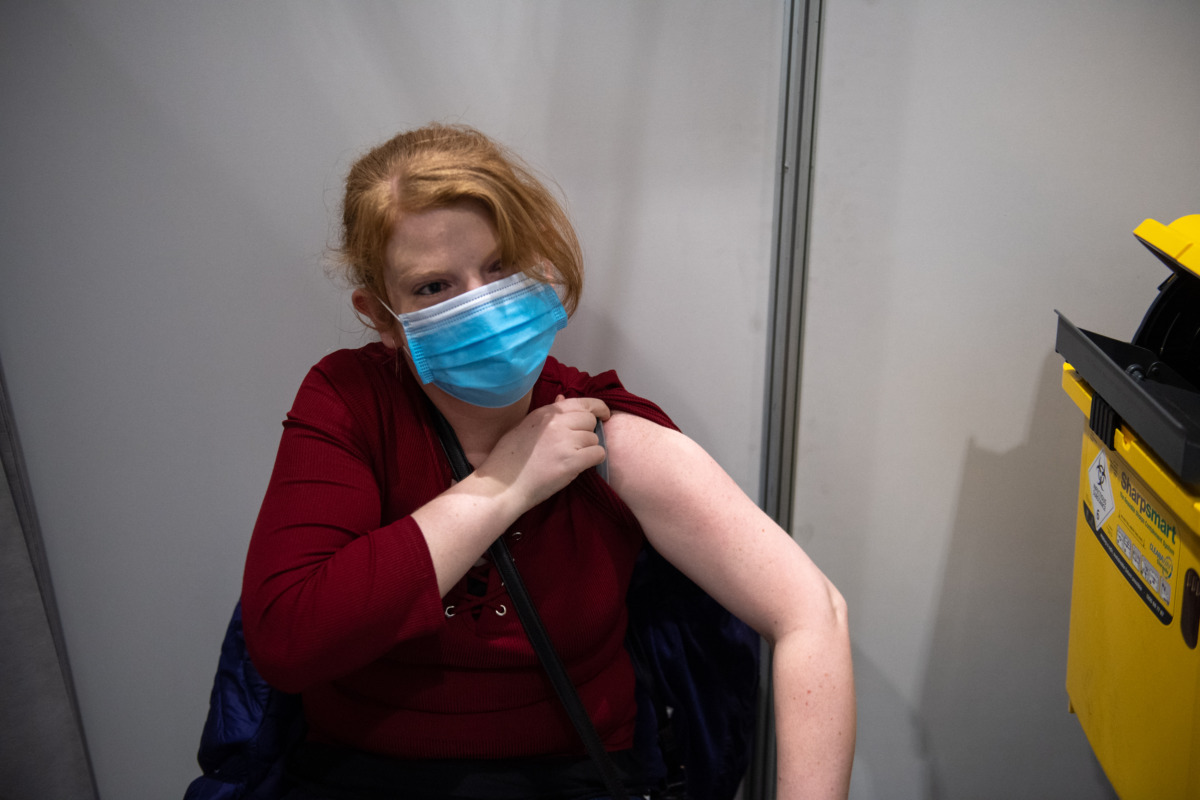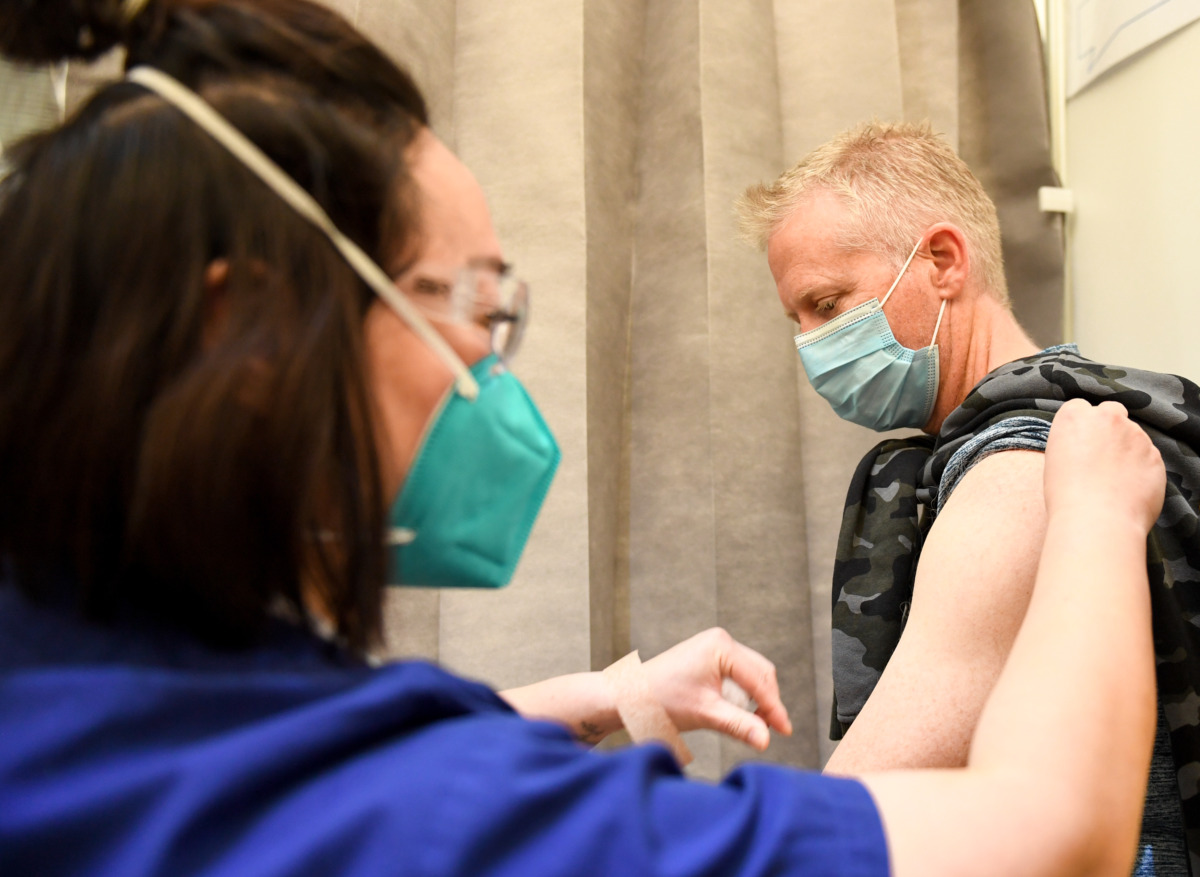

COVID-19
Viral respiratory infections: colds, flu and COVID-19
After two years of closed international borders and staying at home, 2022 is turning out to be a bad flu season as Victorians return to normal levels of activity.
Getting your flu shot as soon as possible and ensuring you are up to date with your recommended COVID-19 vaccinations is the best way to protect yourself and your community against severe illness.
There are other simple things you can do to prevent and manage colds, flu and COVID-19.
Most people can safely recover from COVID-19 or flu at home, however some people may become severely ill. If your symptoms worsen and you need medical advice, make an appointment with your local GP or GP respiratory clinic. If you need urgent medical attention, dial 000 and call an ambulance.
Prevention
You can do the following to prevent colds, flu and COVID-19:
1. Get your annual flu vaccination and a COVID-19 booster dose. Both COVID-19 and flu vaccinations are available free of charge for eligible people at local GPs and pharmacies.
2. Wash your hands regularly with soap and water or alcohol-based hand sanitizer. Gloves should not be an alternative to hand hygiene. If you wear gloves as a part of your work, practice hand hygiene before and after putting them on.
3. When coughing or sneezing, use a tissue to cover your nose and mouth and dispose of the tissue afterwards. If you don’t have a tissue, cough or sneeze into your elbow. Immediately wash your hands with soap and warm water or use alcohol-based hand sanitizer.
4. Although facemasks are no longer required in most settings, we recommend you wear a face mask that covers your nose and mouth when you:
- are in an indoor setting with other people
- can’t physically distance yourself from others around you, such as at crowded events
- have cold or flu symptoms
- are with people who may be vulnerable to sickness such as pregnant women or older adults
5. Increase ventilation in indoor spaces such as your home and office. This can be done by opening windows and doors to allow fresh air to flow in crowded or confined spaces. Air purifiers or air scrubbers filter and remove particles in the air. They are recommended for use in aged care facilities, schools and childcare, healthcare, office workplaces and other high-risk settings.
Testing
Testing is important as it confirms what virus you have; this helps doctors decide on possible treatments and ensure you receive treatment at the right time.
It is also important to get tested as soon as possible after you develop symptoms to ensure you can isolate from others and receive treatment before symptoms get worse.
If you develop cold or flu symptoms you should get a COVID-19 test as soon as possible, this can be a PCR or a rapid antigen test (RAT). Healthcare workers at testing centres will know which test is right for you.
If you test positive for COVID-19 on a rapid antigen test you should report your result online so that you can receive appropriate support in managing your illness.
If you are feeling unwell but have tested negative on a COVID-19 PCR test – and are at risk of severe disease – make an appointment with your local GP or respiratory clinic. They may recommend you take a test for influenza or other respiratory illnesses, this test is similar to a COVID-19 PCR test.
If you develop cold or flu symptoms, you should stay at home and keep away from other people until you are no longer sick. This includes not going to work, school or childcare when you are unwell as you could make other people sick too.
Treatment
Treatments are available for COVID-19 and for influenza that can help decrease the duration and severity of symptoms. They are available through GPs and are most effective when started early in the illness. Each individual will need to be assessed by their healthcare provider to determine the safest and most appropriate treatment for their circumstances.
When to seek medical attention
Most people can safely recover from flu and COVID-19 at home. See your doctor if you have any concerns about your symptoms. Seek immediate medical attention if you experience any of the following symptoms:
- difficulty breathing
- chest pain
- sudden dizziness
- confusion
- severe vomiting
- fever with a rash.
Download this factsheet here.



